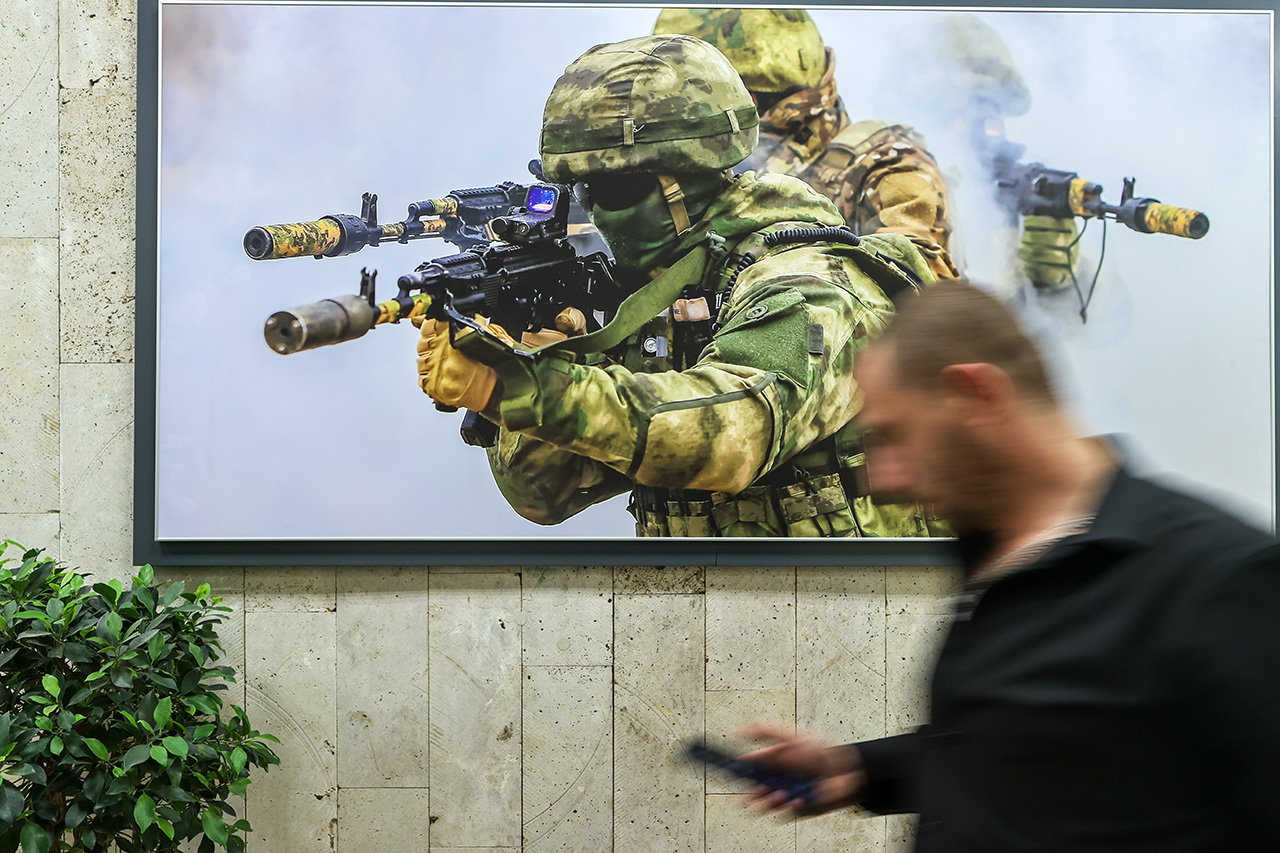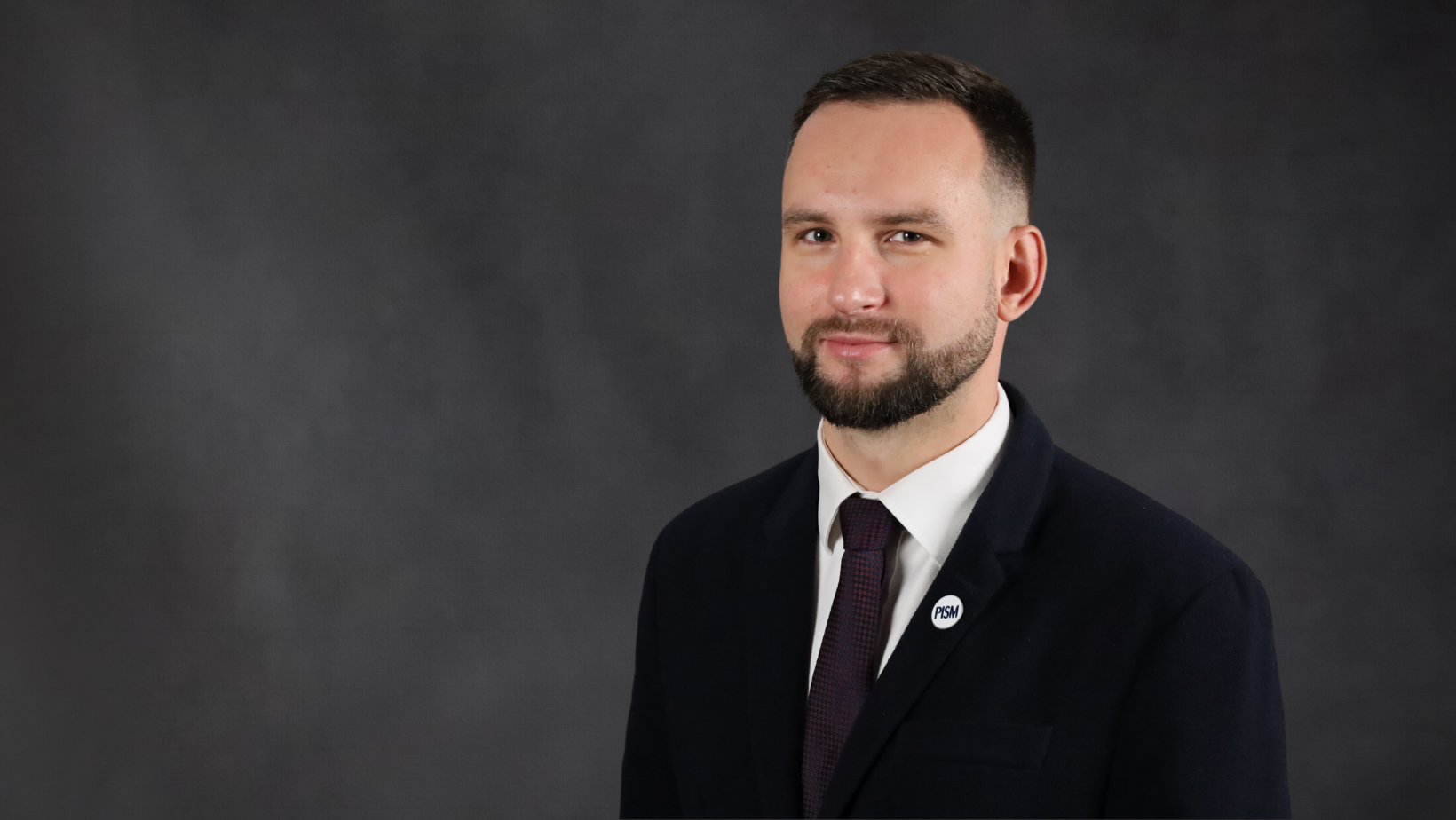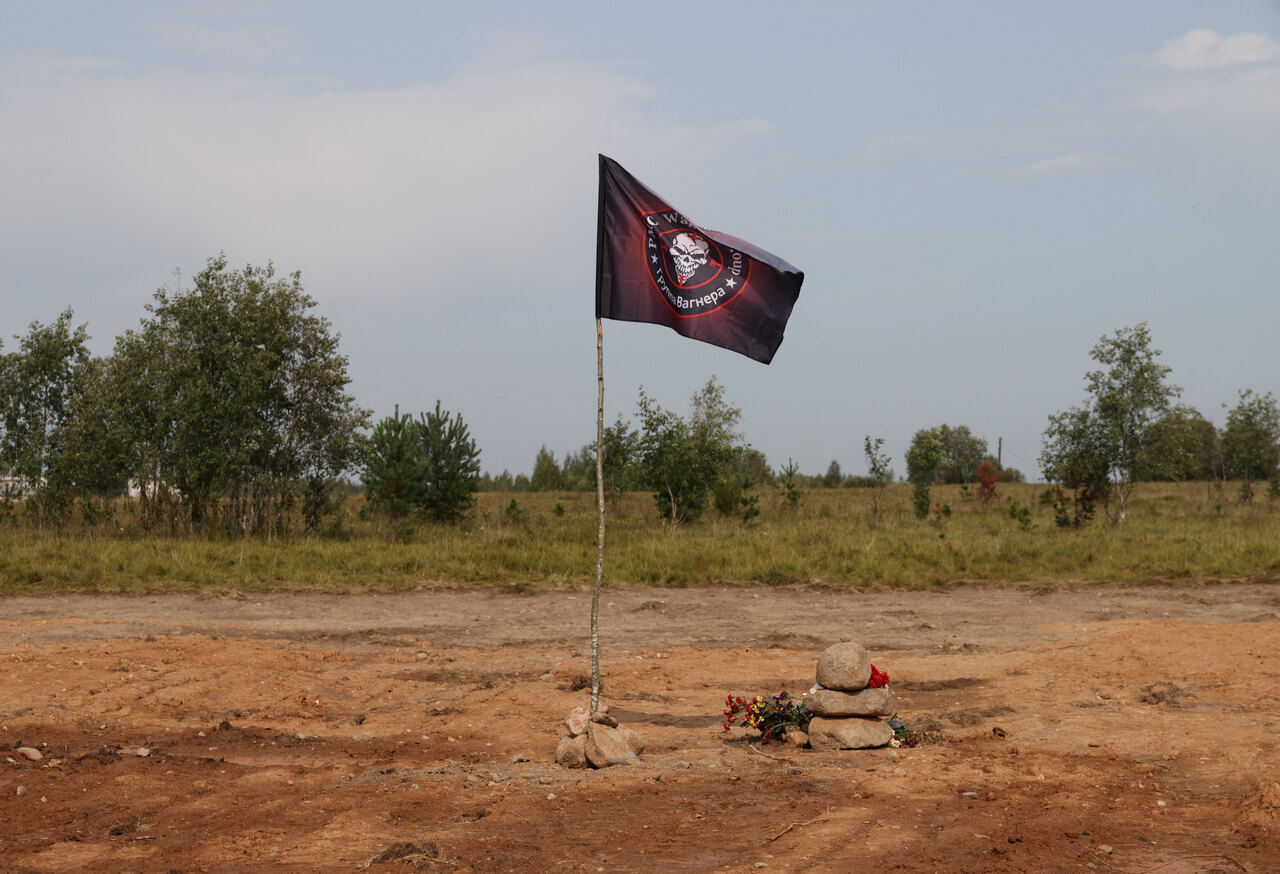Not just Wagner: Russia Backing a Host of Semi-Private Military Companies
Russia has not abandoned the use of Wagner Group-like mercenary formations in the war in Ukraine and operations in Africa and the Middle East. The acquisition of Wagner’s resources by rival military companies (Redut, Convoy, and Patriot) controlled by the Ministry of Defence will lead to an increase in their importance. NATO and EU countries should become more involved in countering their activities.
 Petrov Sergey / Russian Look / Forum
Petrov Sergey / Russian Look / Forum
After Prigozhin’s mutiny and the sudden death of the Wagner Group leadership, the importance of this formation was marginalised. At the beginning of November, the chairman of the defence committee in the Russian parliament (Duma), Andrei Kartapolov, announced that the formation had been completely disbanded. Of the estimated 4,000-5,000 mercenaries transferred to Belarus in July, about 200-500 instructors remained to train the Belarusian military. The remainder ended up in Africa where they perform tasks for other military companies controlled by the Ministry of Defence. Some of the former Wagner fighters have returned to Russia where they are again being recruited to fight in Ukraine, including in the structures of the DNR’s International Brigade and the Rosgvardia (including the Chechen Spetsnaz “Akhmat”).
Semi-Private Armed Groups in Ukraine
There are nearly 30 Russian armed formations operating in the Russian market of private military companies (PMCs), which are only partly privately financed. Unlike similar Western companies, they do not carry out typically commercial activities but are closely linked to the intelligence services and carry out tasks related to Russian foreign policy objectives. Formally, PMCs in Russia are prohibited by the constitution (art. 13. par. 5. and art. 71). Their creation should be prosecuted under Article 208 of the Criminal Code (organisation of an illegal armed formation) and Article 365 (mercenary activities). The extra-legal status of military companies is intended to provide the Russian authorities with the opportunity to deny links with such entities and avoid responsibility for their actions.
As of 24 February 2022, at least eight semi-private armed formations, such as the Wagner Group, Redut, Convoy, Patriot, Yastreb, Rusich, Tsarist Wolves, and the Russian Imperial Movement, were involved in the war in Ukraine. They are primarily light infantry formations (including assault, subversive, and reconnaissance groups) supporting operational troops. They are mainly composed of former soldiers and security officers, but also people with criminal records. Offering an attractive salary, these companies provide an alternative to military mobilisation, a method of replenishing personnel losses which, according to various sources, amounted to more than 300,000 (killed and seriously wounded) on the Russian side by the end of October this year.
The Russian authorities deny the presence of PMCs in Ukraine, describing them as “volunteer formations”. Since July, they are under the control of the Ministry of Defence, with which they had to sign contacts. In charge of overseeing the mercenary companies is Andrei Troshev, also known as “Sedoi”, who is the former chief of staff of the Wagner Group but who did not support Prigozhin’s rebellion and joined the Redut company.
The Successors of Wagner
The process of liquidating the Wagner Group, which was initiated after Prigozhin’s mutiny, strengthened the Redut mercenary company, which was formed on the initiative of GRU Deputy Chief Gen. Vladimir Alexeyev. It is commanded by Major (reserve) Konstantin Mirzayants, who until 1994 was deputy commander of the 45th Spetsnaz Brigade in Kubinka where today is located the main base of Redut mercenaries recruited among experienced veterans of intelligence, Spetsnaz, and airborne troops. Between 2003 and 2006, the company operated under the names Redut-Antiterror, Antiterror-Oriel, Centr-R, and, as of 2019, Shield (in Syria). It specialises in counterterrorism, special operations, convoys, demining, as well as protection of people and infrastructure. It has carried out assignments in Abkhazia, Iraq, Somalia, Syria, Lebanon, Indonesia, and Ukraine. In the Middle East, it has protected the facilities of Gazprom and the Stroytransgaz company managed by Gennady Timchenko (founder of the Volga investment group), who together with Oleg Deripaska (one of Russia’s richest oligarchs) is the main sponsor of Redut.
The Redut mercenaries played a key role in the initial phase of the Russian invasion of Ukraine in February 2022, fighting in the Kyiv and Kharkiv areas. Their special task was the elimination of President Volodymyr Zelensky. Before being sent to the front, they received training at the base of the 16th GRU Brigade in Tambov. Among the company’s personnel were many former Wagner fighters, which was a source of personal conflict between Prigozhin and Gen. Alexeyev. Today, Redut is the most numerous (around 7,000) of the semi-private military companies fighting in Ukraine. It comprises more than a dozen units, which are often erroneously regarded as independent formations (e.g., Veterans, Lynx, Tigers, Wolves, or the Gazprom-funded Potok).
The second military formation gaining from the weakening of the Wagner Group is Convoy, founded in 2014 in Crimea. Consisting mainly of activists affiliated to Cossack associations, the armed group took part in the annexation of the peninsula, the organisation of so-called anti-Maidan protests, as well as the war in Donbas. It currently numbers at least three battalions (in Sevastopol, Tavrida, and Livadia) and takes part in operations in the Zaporizhzhia area, cooperating with the 150th Motor Rifle Division. Among other things, the group is responsible for securing the Melitopol-Dzhankoy supply line. The main sponsor, who simultaneously supervises Convoy, is the head of the administration of occupied Crimea, Sergei Aksyonov. In 2022, the formation received more than $4 million in financial support from oligarch Arkady Rotenberg, Dmitry Rogozin (who also sponsors the Tsar’s Wolves battalion), Russian state bank VTB, and energy companies Promresurs, and Coal Trading.
As of 2023, Convoy is commanded by Konstantin Pikalov, also known as “Mazay”, who previously headed the Wagner Group’s operations in the Central African Republic (CAR) and was responsible for contacts with Cossack circles in the Balkans. His deputy is former GRU officer Stanislav Poluzanov, responsible for the formation’s combat preparation. In addition to Cossack circles, the recruiting base of Convoy is made up of individuals from the BARS combat reserve system. Its headquarters and training centre are located in the village of Perevalne at the site of the former 165th Training Centre of the USSR, where sabotage and intelligence courses for national liberation movements were conducted during the Cold War.
Competition for Africa
The Wagner Group’s most lucrative area of activity was operations in Africa and Syria where Prigozhin’s companies received lucrative contracts to exploit natural resources (e.g., gold, diamonds, oil, and timber) in return for providing military services. After Prigozhin’s rebellion, control over its operations in Africa was taken over by Gen. Andrei Averyanov, deputy head of the GRU and commander of Special Unit 29155 responsible for sabotage and subversive activities. Activities in Africa are also supervised by the deputy defence minister, Gen. Yunus-bek Yevkurov, who since mid-August has visited Libya, Syria, Burkina Faso, Mali, Algeria, Sudan, and Niger to discuss the terms of further cooperation. Russian operations in Africa using mercenary companies are likely to continue with Wagner Group resources that were taken over by Redut, Convoy, and Patriot. The latter company is linked to Defence Minister Gen. Sergei Shoigu. It was established in 2018 as a competitor to the Wagner Group. The formation specialises in the protection of people and infrastructure. It is mainly composed of former soldiers from elite units. The company has carried out assignments in Syria, Yemen, Burundi, the Republic of South Africa, Sudan, Gabon, and Ukraine (e.g., in the fighting for Vuhledar). Already in mid-August, at the Army-2023 armaments fair, Minister Shoigu urged representatives of African states not to use the services of Wagner, but exclusively companies subordinate to the Ministry of Defence. In doing so, he threatened to break off military-technical cooperation and diplomatic support at the UN.
Conclusions and Recommendations
Despite the Wagner rebellion, Russia continues to use the services of semi-private military companies in the war in Ukraine, as well as in operations in Africa and the Middle East. The smooth takeover of the Wagner Group’s assets is an image success for the Ministry of Defence and the GRU. The division of assets between several entities is arguably intended to prevent one company from monopolising the military services sector. Their subordination to the Ministry of Defence will facilitate operational control over them. However, it has weakened Russia’s plausible deniability regarding links to them and their activities, which in turn will make it easier for the international community to attribute responsibility to Russia for war crimes in Ukraine and human rights violations where these PMCs operate. NATO and the EU should clearly signal in their strategic communications that Russia bears full responsibility for these organisation’s activities and any attempt to use them against member states may be considered aggression. In its defence plans, NATO should also develop a flexible system for responding to various forms of provocation involving Russian military companies (especially against NATO’s Eastern Flank), as well as their activity in regions relevant to individual member states (Africa and the Middle East). In doing so, NATO, EU, and G7 countries should monitor to a greater extent the activities of Russian semi-private armed groups and related economic entities, and share information to coordinate their actions in imposing sanctions on them.




.jpg)
